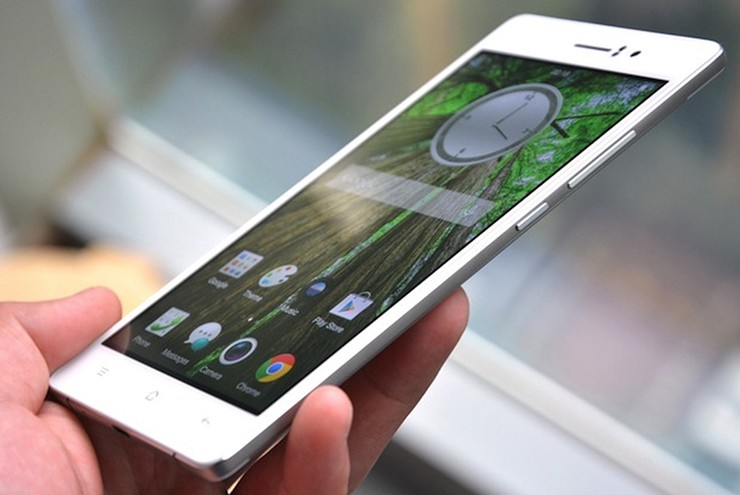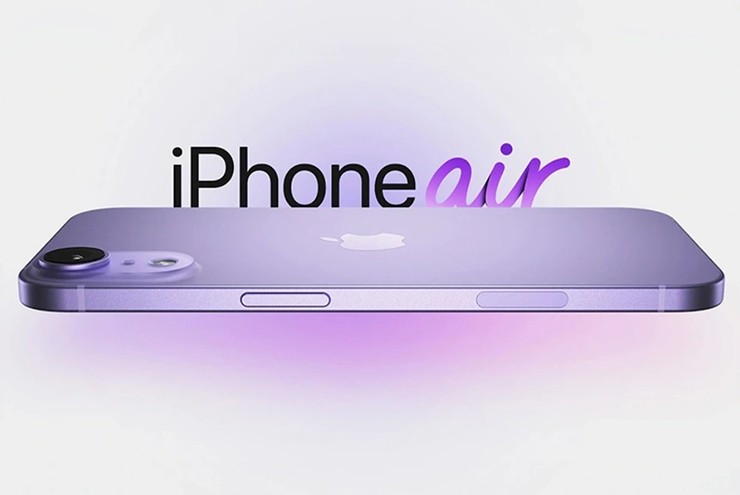Even if the iPhone 17 Air becomes the thinnest iPhone ever, it still falls far short of some of its older Android rivals.
Next year, Apple is expected to introduce a notable new design feature with the iPhone 17 Air. According to sources, the company will not release an iPhone 17 Plus version, but instead focus on developing the iPhone 17 Air with design quality as the top priority, although some specifications may be affected.
The iPhone 17 Air is thin, but it's still far behind the Android world.
A recent report from Bloomberg journalist Mark Gurman said that thanks to the use of a custom-designed 5G modem instead of a Qualcomm modem, Apple could create an iPhone 17 Air that is up to 2mm thinner than the iPhone 16 Pro. That could make the iPhone 17 Air about 6.25mm thick, marking a big step forward in developing Apple's thinnest smartphone . However, if this information is accurate, the iPhone 17 Air still won't hold the title of Apple's thinnest product, as the current 11-inch iPad Pro 2024 is just 5.3mm thick.
Additionally, Apple will not be able to boast about designing the world's thinnest smartphone when many Android brands have launched thinner products in the past. For example, Vivo has released one of the thinnest smartphones with a thickness of 4.75 mm, the X5 Max, while the Oppo R5 and Samsung Galaxy A8 are also 4.85 mm and 5.9 mm thick, respectively.

Vivo X5 Max is only 4.75mm thick.
The biggest challenge for Apple engineers is to develop an ultra-thin phone that still meets consumer expectations by 2025. However, it is reported that Apple may have to make some technical sacrifices to achieve this. For example, Apple's 5G modem chip may not support 5G mmWave technology, which offers better connectivity. Furthermore, the iPhone 17 Air may only have a single rear camera sensor, similar to smartphones from the early 2010s.
Therefore, consumers will have to consider what they are willing to sacrifice to own such a thin and light iPhone.


